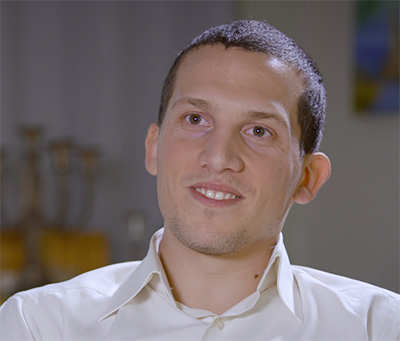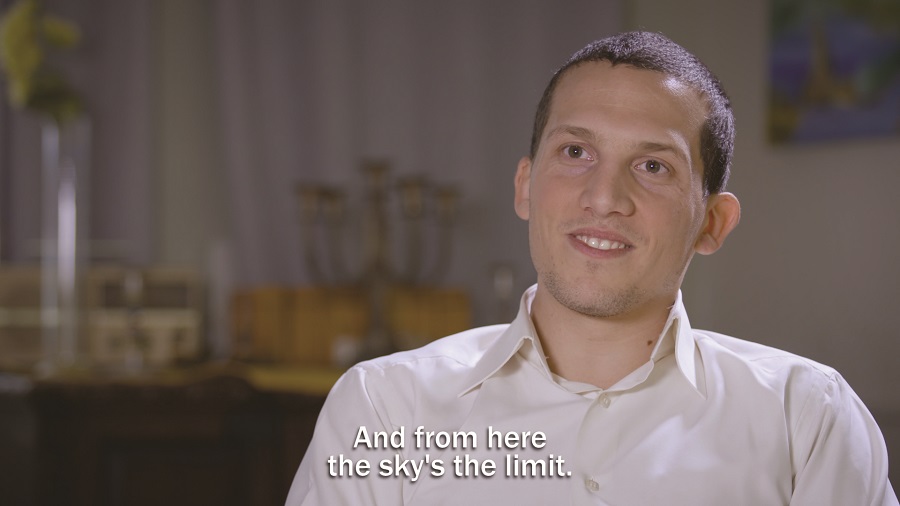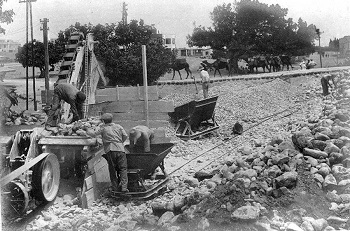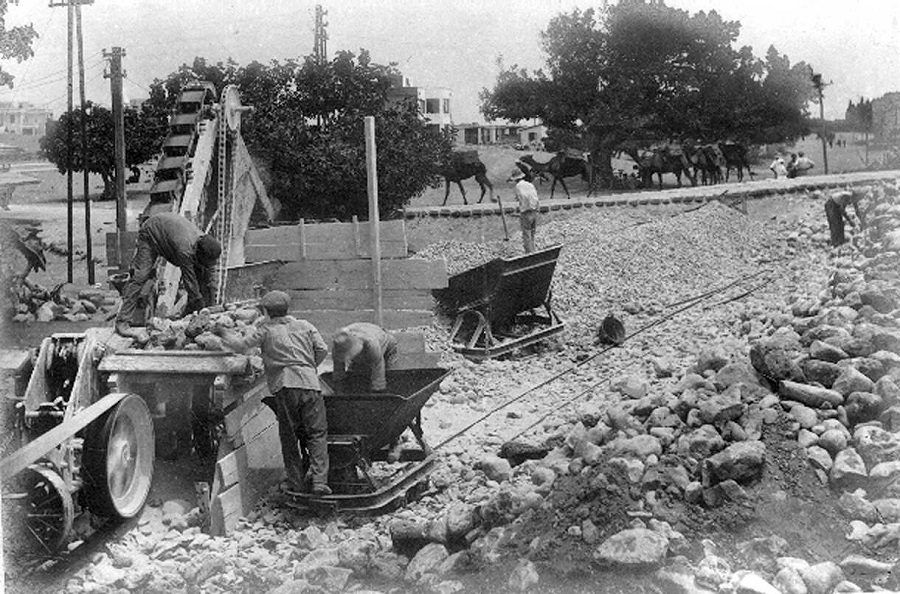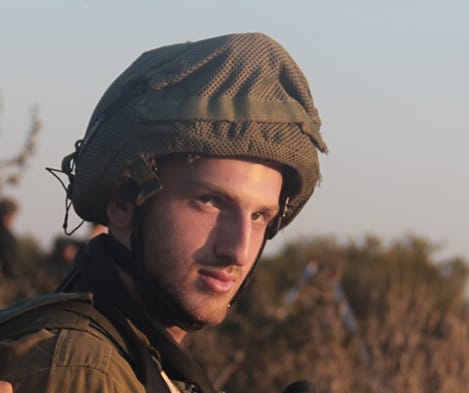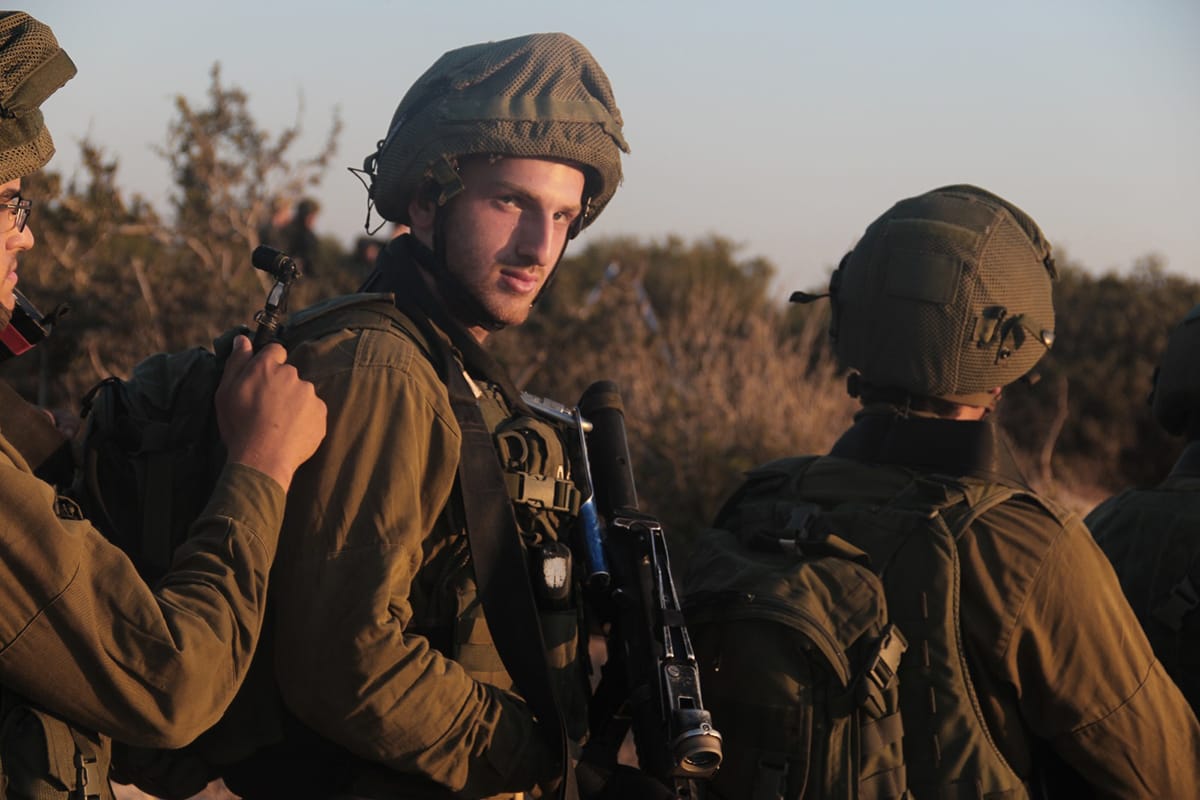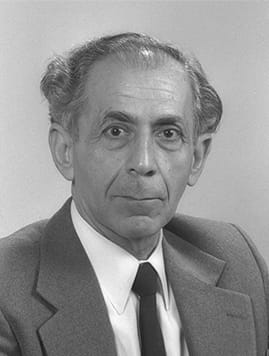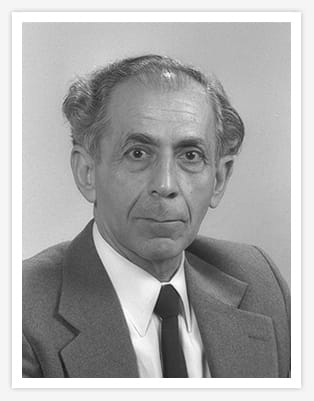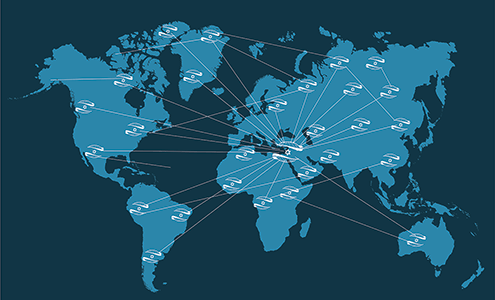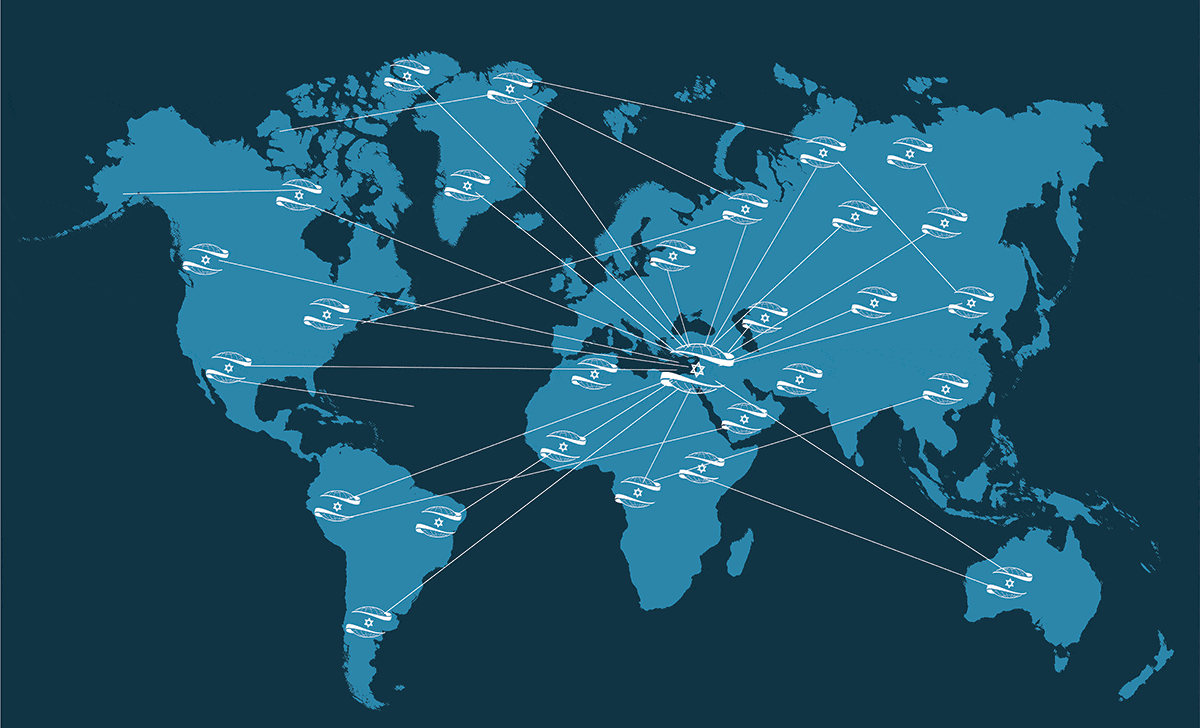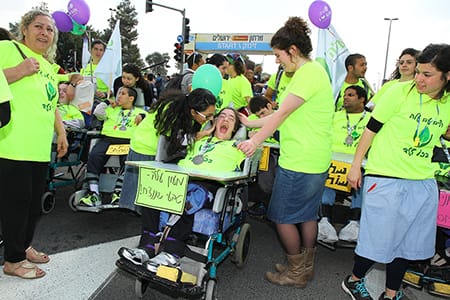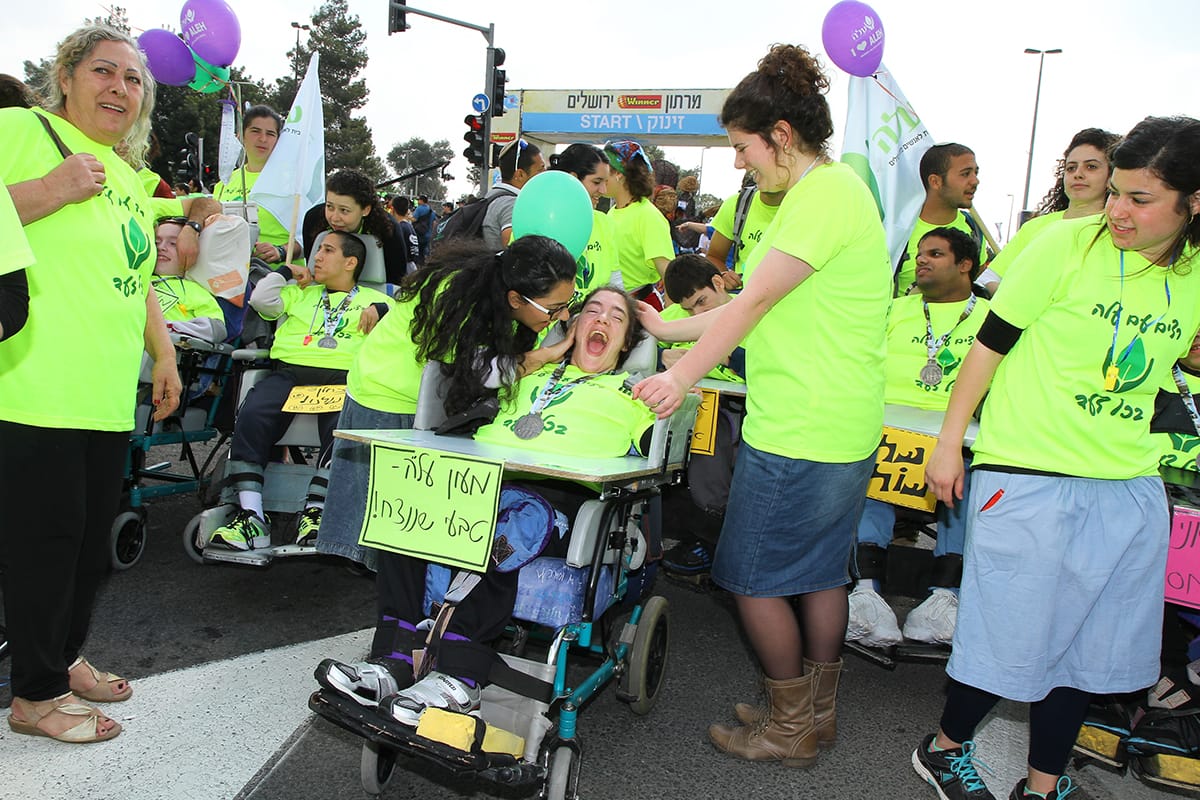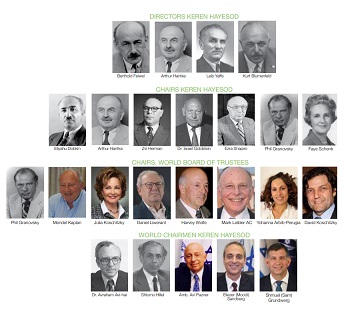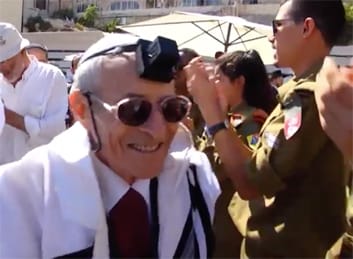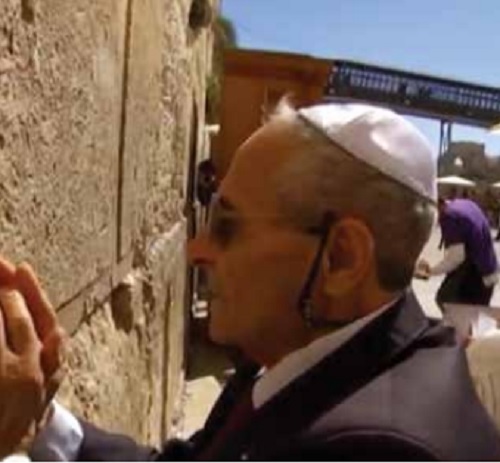In August 1956, after Morocco had gained independence and many Jews felt unsafe, the government of Israel, together with the Zionist General Council, passed an emergency resolution designed to help the Jews of Morocco in particular and North Africa in general. Keren Hayesod quickly launched a special campaign, and the wheels of clandestine immigration from Morocco began to turn. The Mossad established a special division, the Misgeret, that worked to smuggle Jews out of Morocco and bring them to Israel as quickly as possible. It was dangerous work and anyone who was caught was tortured, sometimes to the point of death. The large amount of money raised by the special campaign, some $25 million, in addition to the regular campaigns, was used not only to bring Jews out of Morocco but to prepare for their absorption in Israel. Between 1956 and 1961, several thousand Jews were rescued. In 1961, the efforts met with enormous success and an agreement was signed with the new king, Hassan II.
Within four years of the initial operation, more than 100,000 olim arrived from Morocco and were absorbed in Israel. Some of the mass aliyah efforts of these years entailed visits by Jewish Agency emissaries to remote villages and towns in Morocco’s legendary Atlas Mountains. Rare documentation from that period shows the arrival of these emissaries at an isolated Jewish village; at the end of their visit, all the Jews pack up their few belongings and set out on the journey to Israel, accompanied by the Zionist emissaries.
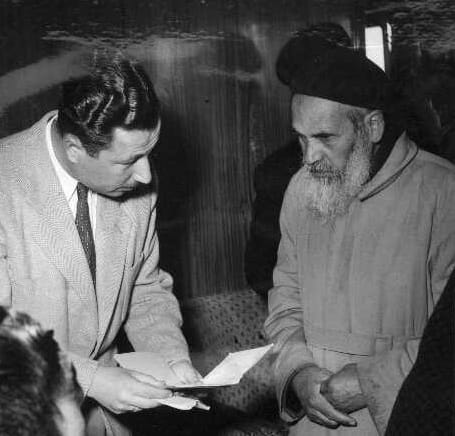
Photo: A new immigrant from Morocco arriving in Israel, April 1953


